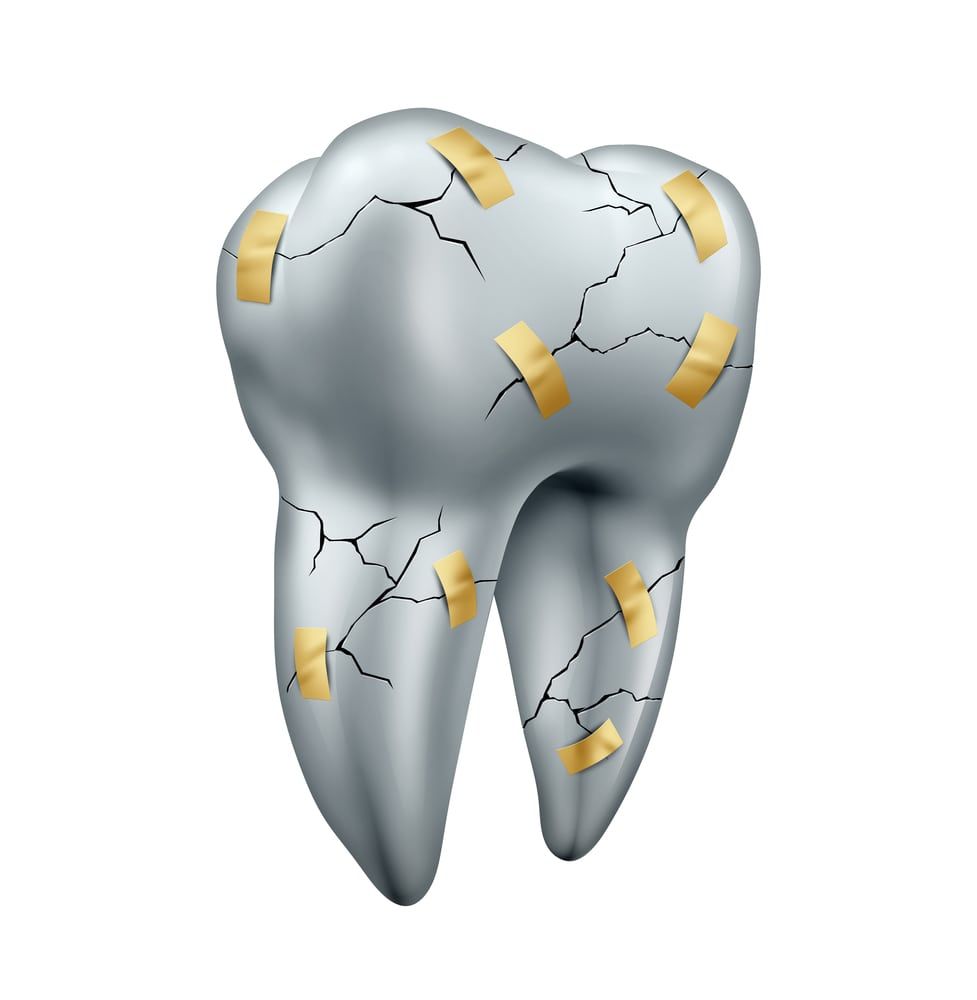Dental emergencies can happen at any time, often when we least expect them. Knowing how to respond can make the difference between saving a tooth and losing it. Whether you’re dealing with a knocked-out tooth, severe toothache, or a broken dental appliance, immediate action and proper care are crucial. Here’s a comprehensive guide on what to do in various dental emergencies.
Knocked-Out Tooth
A knocked-out tooth is one of the most urgent dental emergencies. Quick action can increase the chances of saving the tooth. First, you will want to pick up the tooth by the crown (the part that is visible in the mouth), avoiding touching the root. If dirty, gently rinse the root with water. Do not scrub or remove any attached tissue fragments.
Try to reinsert the tooth into the socket. If that’s not possible, keep it moist by placing it in milk, water with a pinch of salt, or an emergency tooth preservation product. Avoid storing the tooth in tap water, as this can damage the root cells. With a knocked out tooth, you will want to get to a dentist as soon as possible. Time is critical, and seeing a dentist for emergency dental care soon after having a tooth knocked out can significantly increase the chance of saving the tooth.
Severe Toothache
A severe toothache can indicate various problems, from tooth decay to an abscess. With a severe toothache, you will want to rinse your mouth with warm water and gently use dental floss to remove any food caught between your teeth. If swelling is present, apply a cold compress to the outside of your mouth or cheek. It is important to not put aspirin or any other painkiller against the gums near the aching tooth, as this may burn the gum tissue. If the pain persists, contact your dentist as soon as possible. They can provide guidance and, if necessary, prescribe medication to relieve the pain.
Broken or Cracked Tooth
A broken or cracked tooth can cause severe pain and lead to further damage if not treated promptly. With a broken or cracked tooth, first rinse your mouth with warm water to clean the area. You may also need to apply a cold compress to your face to reduce swelling.
If you cannot immediately see a dentist, use dental cement (available at most pharmacies) and avoid chewing on the affected side. It is important to visit your dentist as soon as possible. They will determine the extent of the damage and the appropriate treatment to prevent infection and further damage to the tooth and surrounding tissues.
Lost Filling or Crown
A lost filling or crown can expose sensitive parts of your tooth, leading to discomfort and potential further damage. If a crown falls off, try to place it back over the tooth using over-the-counter dental cement, toothpaste, or denture adhesive. This can protect and stabilize the tooth. For a lost filling, you can temporarily fill the hole with sugar-free gum or over-the-counter dental cement until you can visit your dentist. In both cases, you will need to schedule an appointment with your dentist to permanently resolve the issue.
Objects Stuck Between Teeth
Objects stuck between teeth can cause pain and irritation. First you should gently try to remove the object with dental floss. Be careful not to cut your gums. Never use a pin or other sharp object to poke at the stuck object. This can cause injury to your gums or teeth. If you’re unable to remove the object, see your dentist. They have specialized tools that can safely remove the object without damaging your teeth or gums.
Conclusion
Dental emergencies require prompt action and immediate care. Knowing how to respond to different situations can help prevent further damage and ensure the best possible outcome. Always keep your dentist’s contact information handy and don’t hesitate to seek professional advice or assistance when facing a dental emergency.
Remember, prevention is the best medicine. Regular dental check-ups and maintaining good oral hygiene can help prevent many dental emergencies. Stay informed, stay prepared, and maintain your dental health to avoid unexpected dental dilemmas.

